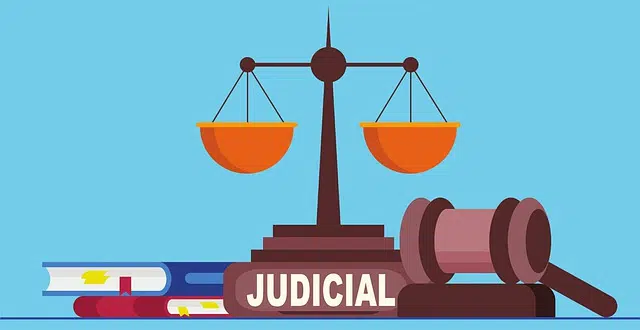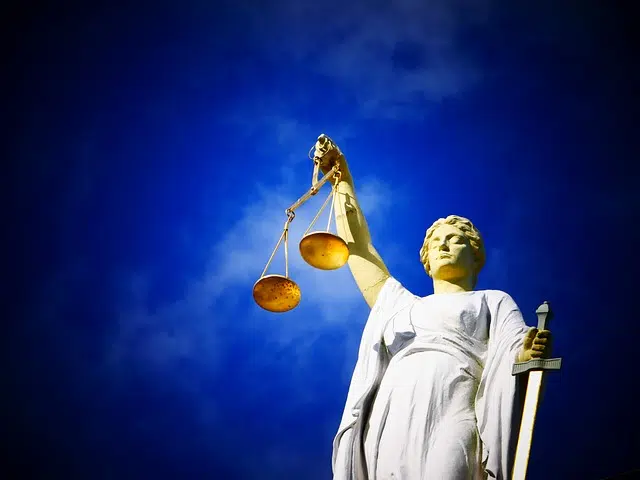
The legal system is made up of institutions, norms and agents.
A system is a module of interrelated elements that develop interactions with each other. Legal , for its part, is that linked to law (the set of laws that organize society).
The set of rules, institutions and agents that make up the law that governs a given territory is called a legal system . This system is related to the design, application, analysis and teaching of legislation .
What is a legal system
The legal system can be understood as the series of objective regulations that are in force in a place and at a specific time. The legal system is governed by the State with the purpose of promoting coexistence and setting guidelines for the regulation of people's behavior.
Although different groups or families of legal systems can be recognized, it is important to highlight that each country has its own system: the same laws do not exist in all nations. In this way, the same action can be considered a crime in one place and not be susceptible to sanctions in another. On the other hand, a crime may carry a certain penalty in one country and a very different one in another. All these issues depend on what is established by each legal system.
Ordering as an organization mechanism
The legal system maintains a direct relationship with the legal system (the systematized set of laws, norms and rules). Those countries that are organized as a democracy have the Constitution as the supreme norm of the legal system and as a pillar of the legal system.
A possible classification for legal systems recognizes the families of Continental, Anglo-Saxon and Socialist Law, in addition to religious law systems. Each of them is detailed below.

There are various classifications of the legal system.
The legal system and Continental Law
It is also known as European Continental Law , French Roman German System or simply French Roman System , and it is the legal system that derives from that applied in the continental part of Europe. Its roots date back to Roman, German and canon law , as well as to the intellectual and cultural movement called the Enlightenment , which existed between the end of the 17th century and the beginning of the French Revolution, a century later.
This type of legal system is used in most European countries, as well as in its colonies, and is characterized by putting the law before jurisprudence, in addition to containing its norms in legal bodies known as codes , which present a systematized and ordered structure .
Common law
In English it is known as Common law and derives from the legal system that was applied in medieval England. Today, it is used in most territories influenced by Great Britain. Among its main characteristics, we can say that its creation arises from decisions made by the courts and that it is based more on jurisprudence than on laws. Along with the body of rules called equity (which in this context can be translated as "equity" or "justice"), it forms part of the basis of North American law.
Socialist law and legal system
This is the name given to the legal systems that emerged from socialist states. Broadly speaking, socialist law also refers to the set of laws or legal systems that usually go hand in hand with socialism and its various aspects. Its source of inspiration was the Marxist-Leninist ideology , although it presents certain differences.
The case of religious law
According to the Science of Law, religious (or confessional ) Law is the legal system that a religious confession or church establishes for itself. Some examples known from Canon, Jewish and Islamic Law. It is important not to confuse it with the concept of ecclesiastical law, since this includes the rules dictated by the State for the regulation of religious activities in their social framework.
